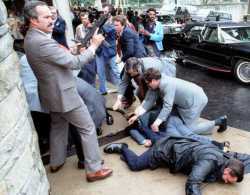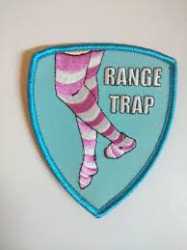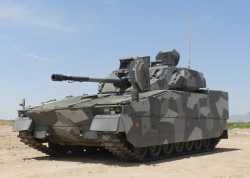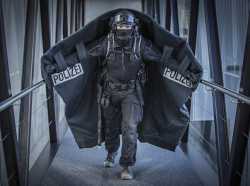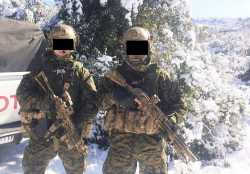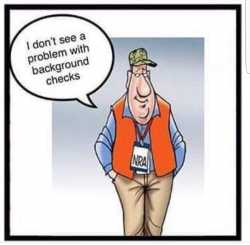Hai. Thanks for sharing here wonderful post. Because, it was more helpful for me. I'm working as a writer at custom essay writing service for university and provide essay writing help for the students. Interest for writing from made me join this job. I visit this site first time and inspire by this well done work. Mind blowing post keeps up relocation such great data. What's more, it is more helpful to everyone. Thank you once again. I am a professional writer. I really happy to say that first time, I saw that your site it was amazing and mind-blowing collection data. Writing task is a student life of precious tasks and get more mark from this task. But now a days, most of the writing research papers are available, custom essay writing service(
https://essayacademia.com ) and best essay writing service and thesis writing service etc this most available for writing services. So this is a better of the writing task for academic years. Writing a research paper may seem a simple task, but it requires some serious thought. It might come as a blow to most people that an author, having effectively written a detailed account of his/her research study, experiences a block while attempting to title the research paper. And Essay is not difficult task for academic. We do hard work and improve our writing skill. Best essay writing paper for custom essay writing service from Google this is easy to get good mark of writing task of academic year. Discuss, compare, contrast, charge these are just few of the creating a good essay. In fact, it is probably true to say that these areas of writing are more likely to involve you in the course of evolving, since they are, in a sense, more creative. Try to write a list of your ideas about the topic because these power create a title for you.
